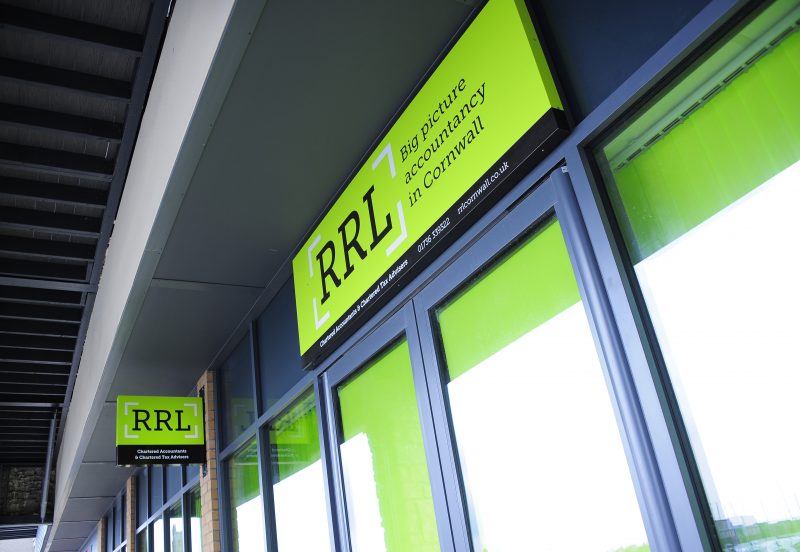Making a statement
With a mini-budget that was almost entirely reversed and a new set of tax announcements in the government’s Autumn Statement, chartered accountants and tax advisors RRL debunk the debacle.
On November 17th, the Chancellor (our 4th of 2022!), made the Autumn Statement announcement that the government desperately wanted to rebuild its reputation regarding public finances and to attempt to provide the markets with a degree of confidence following a disastrous mini-budget.
Tax Partner at RRL, Steve Maggs explains: “From a purely tax perspective, many may be excused for thinking the announcements weren’t so bad, however, things like the freezing of tax thresholds when we are experiencing rates of inflation that we are, are significant tax rises in all but name. Our initial summary of the headline tax announcements is as follows.
“There will be a freeze on many tax thresholds until the 2028/29 tax year, including the income tax personal allowance, higher-rate income tax threshold, NIC thresholds and bands, and inheritance tax standard nil-rate band and residence nil-rate band. This will bring more into the scope of higher-rate income tax, more paying more income tax, more losing their child benefit and personal allowance, and more estates paying inheritance tax. While this makes for sombre reading, it does highlight a need for careful tax planning going forward.”
The additional-rate income tax threshold (at which the 45% income tax rate – 39.35% for dividend income – is payable) will reduce from £150,000 to £125,140 from the 2023/24 tax year onwards, showing a stark contrast to the mini-budget on 23rd September 2022 where the additional-rate was to be scrapped: “There are some steps higher-rate taxpayers can take to protect themselves from the effective tax rise,” says Steve. “One way of mitigating exposure to higher and additional rate income tax is by making pension contributions, as these currently provide tax relief at the marginal rate. Salary sacrifice, where offered, is also a good idea as it not only offers relief on income tax, but also on National Insurance. No changes to higher-rate income tax relief on pension contributions were announced.
The capital gains tax annual exemption will reduce from the current £12,300 for individuals to £6,000 for the 2023/24 tax year, and then further reduced to £3,000 in 2024/25 meaning more individuals will have to pay capital gains tax, and therefore more to report capital gains that previously didn’t need to be reported. Steve adds: “There are various ways to reduce your capital gains liability, no least of which is if you are planning on making a large capital gain, it would make sense to do this before the end of the 2022/23 tax year as to maximise the current higher exemption.” No increases in the capital gains tax rates were announced, as was strongly rumoured.
Dividend allowance will be reduced from £2,000 to £1,000 for the 2023/24 tax year, and further reduce to £500 for the 2024/25 tax year, making it a 10th of the original dividend allowance. This will mean more individuals will be required to pay income tax on dividend income. However, for business owners, who can decide whether they pay themselves in the form of salary or dividends, dividends are still likely to be more tax efficient than a salary, despite the reductions of the dividend allowance in both of the next two tax years.
Thankfully, there were some good news stories in the Statement. One which will be welcomed by many businesses in Cornwall is that the Business Rates multiplier is to be frozen for another year (in 2023/24), and the Retail, Hospitality and Leisure relief scheme is being extended from 50% to 75% for 2023/24, up to £110,000 per business. Tariff suspensions on over 100 goods were announced for a period of two years “to help put downward pressure on costs for UK producers” and the VAT registration and de-registration thresholds will be frozen until April 2026. The National Living Wage and National Minimum Wage will be increased from 1st April 2023, making the National Living Wage for those aged 23 and over £10.42. “It’s at times like these,” concludes Steve, “that experienced, competent and proactive tax advice is invaluable. Our tax team here in Cornwall can help you to reduce the tax burden on your business and aid in tackling the complexities of the modern
tax system.
RRL






